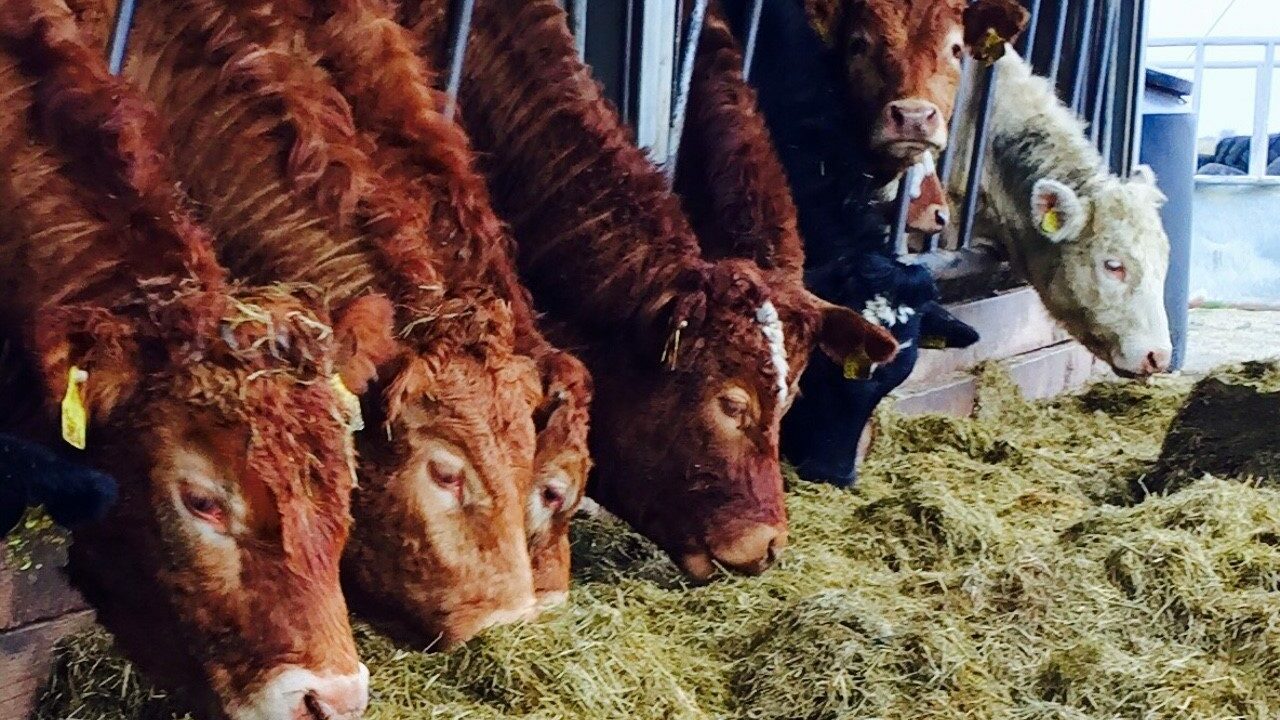The past week has seen the Irish Farmers’ Association (IFA) provide a very confident perspective regarding the prospects for Irish beef prices, at least in the short term.
No doubt, a combination of scarce supplies throughout Europe is helping to buoy markets at the present time.
Brexit is looming, as is the threat of the European Union (EU) doing a trade deal with the Mercosur group of South American countries. Both developments have the potential to create major problems for Ireland’s cattle industry.
Yes, the current upturn in beef prices represents a welcome step forward in terms of rewarding the efforts of Irish farmers, who consistently produce high-quality cattle – but the situation is still far from perfect.
In real terms, livestock producers deserve a much better return on their investment. But farmers should not be lulled into a false sense of security regarding future prospects on the back of predictions which point to a further erosion in the UK’s potential to produce beef over the coming years. In reality, imports from the likes of the Mercosur group, could make up for the shortfall.
Traditionally, finishers have responded to better cattle returns by paying more for stores, which only served to put greater pressure on their margins further down the line.
Some of this activity could be excused by the fact that farmers needed cattle to claim subsidy. However, those days are gone forever, with the result that beef producers have no option now but to concentrate on those costs they have control over and not the vagaries of the marketplace.
Economists continue to point out that lower performing farms must increase their efficiency levels, if they are to remain in beef production.
However, the worrying fact remains that a significant number of livestock farmers in Ireland do not have a detailed handle on their operating cost base.
It’s extremely difficult to implement any on-farm improvement programme when the producers concerned have no idea as to what their actual starting point is.
The most obvious way round this problem comes in the shape of Teagasc’s eProfit Monitor programme. The scheme offers a host of opportunities for farmers to gauge the efficiency levels they are achieving and, thereafter, identify possible ways forward. Sounds like a plan to me.
